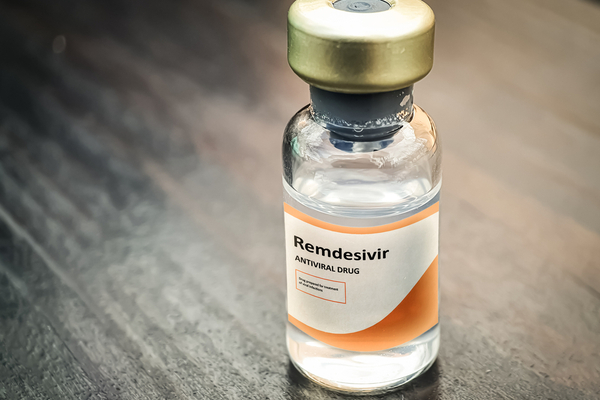The U.S. Food and Drug Administration late Friday allowed the drug remdesivir to be used on all patients hospitalized with COVID-19, although no published research supports such widespread use. The move, which comes less than a week after the agency approved use of convalescent plasma – also with no published scientific support – has fueled concerns the agency is yielding to political pressure.
“It seems to be a pattern of approval without science, without data, without evidence,” said Dr. Eric Topol, vice president for research at Scripps Research in La Jolla, California and a national expert on the use of data in medical research.
In May, the FDA allowed remdesivir to be used for hospitalized patients who need oxygen, but not those sick enough to require ventilation. A government study published that month in the New England Journal of Medicine found those patients recovered faster than those who hadn’t gotten the drug, though there was no evidence that it saved lives.
No studies have been published since then supporting more widespread use of remdesivir, yet the FDA said the data is now compelling enough to expand its use. “The data show that this treatment has the potential to help even more hospitalized patients who are suffering from the effects of this devastating virus,” FDA Commissioner Dr. Stephen M. Hahn said in a prepared statement announcing the agency had granted an emergency use authorization for remdesivir.
The FDA uses that process to approve products that, based on scientific evidence, it is “reasonable to believe … may be effective.” An emergency use authorization can be issued only during an emergency, such as the COVID-19 pandemic, when there are no adequate, approved and available alternatives.
Topol said he was appalled by the expanded approval of the drug. “There are no data to support wide use of remdesivir,” he said. “This is extraordinary.”
—
Photo Credit: Sonis Photography / Shutterstock.com
